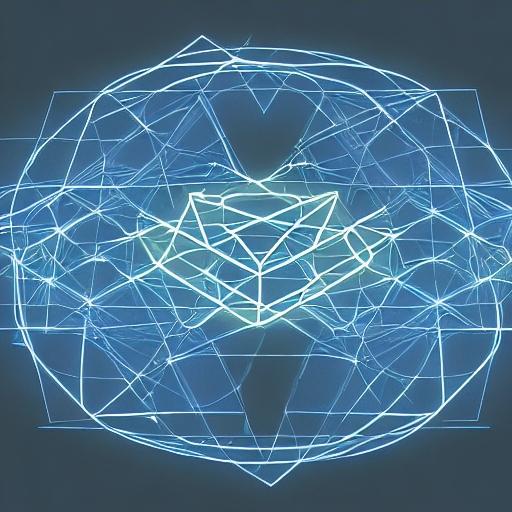Ethereum is a decentralized, open-source blockchain platform that enables the creation and execution of smart contracts. Developed by Vitalik Buterin in 2015, it is often described as the world’s computer due to its ability to run applications in a decentralized manner.
While Bitcoin was the pioneer in using blockchain technology for decentralized peer-to-peer transactions, Ethereum took the concept a step further. Instead of focusing solely on digital currency, Ethereum aims to provide a platform for building decentralized applications (DApps) and facilitating complex transactions.
At the heart of Ethereum is its programmable blockchain, which means developers can use its underlying code to create their own applications. This is made possible through the use of Ethereum Virtual Machine (EVM), a runtime environment that executes smart contracts. Smart contracts are self-executing agreements that automatically perform and enforce the terms of a contract, providing security and eliminating the need for intermediaries.

One of the key advantages of Ethereum is its ability to handle more complex logic and financial transactions compared to Bitcoin. While Bitcoin’s scripting language is limited, Ethereum’s smart contracts can encode any arbitrary computation, making it a flexible platform for various use cases.
Ethereum also introduced its native cryptocurrency called Ether (ETH), which serves as both a medium of exchange and a fuel for running applications on the network. Users can acquire ETH through exchanges or as a reward for mining, and they can use it to pay for transaction fees and deploy smart contracts on the Ethereum blockchain.
Through Ethereum, developers have the opportunity to create decentralized applications that can disrupt traditional industries and enhance efficiency. Use cases range from decentralized finance (DeFi) applications, where users can lend, borrow, and trade assets without intermediaries, to non-fungible tokens (NFTs) used for digital art and collectibles.
Additionally, Ethereum allows for the creation of decentralized autonomous organizations (DAOs), which are self-governing entities with transparent and decentralized decision-making processes. These organizations can utilize smart contracts to automate tasks and distribute voting power among stakeholders.
In summary, Ethereum is a blockchain platform that enables the creation of decentralized applications and smart contracts. With its programmable blockchain, it provides developers with the tools to build innovative solutions and automate processes without the need for intermediaries.
